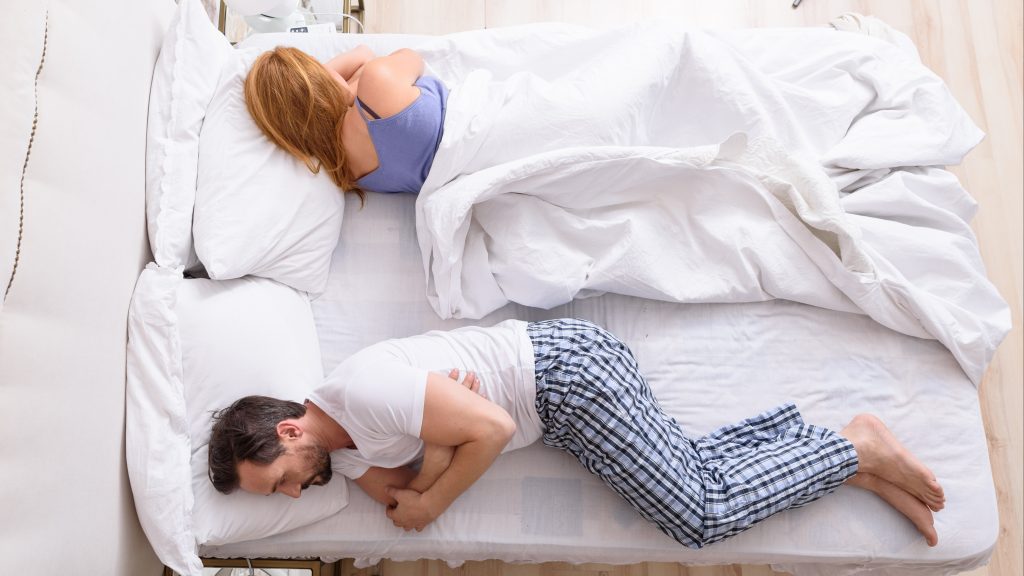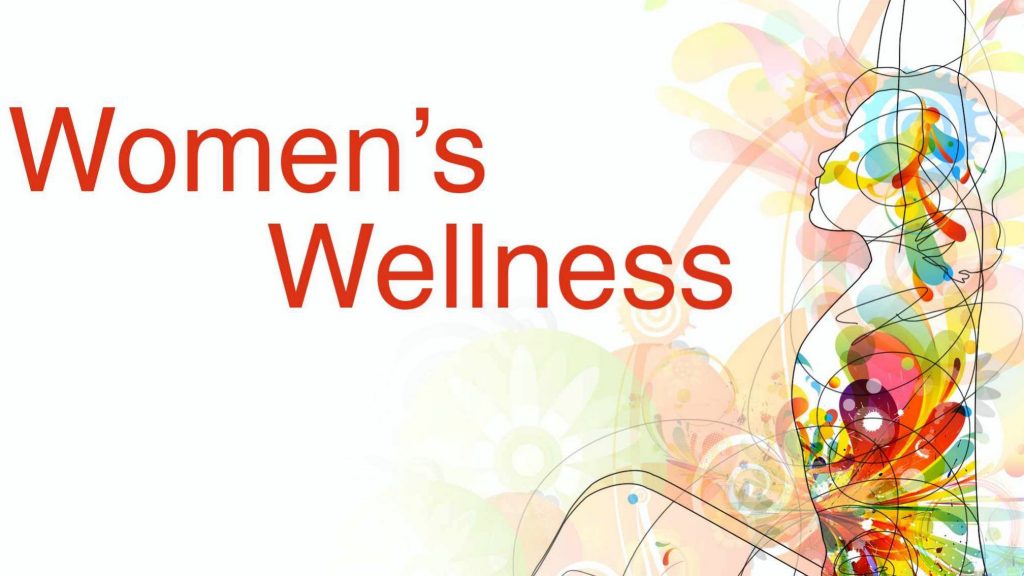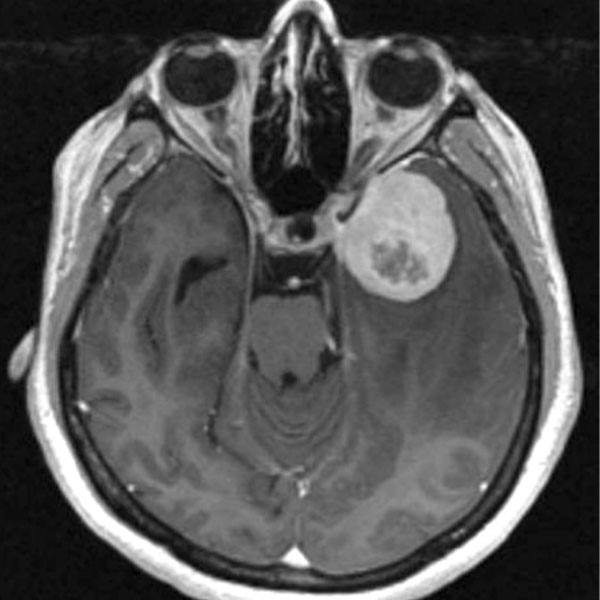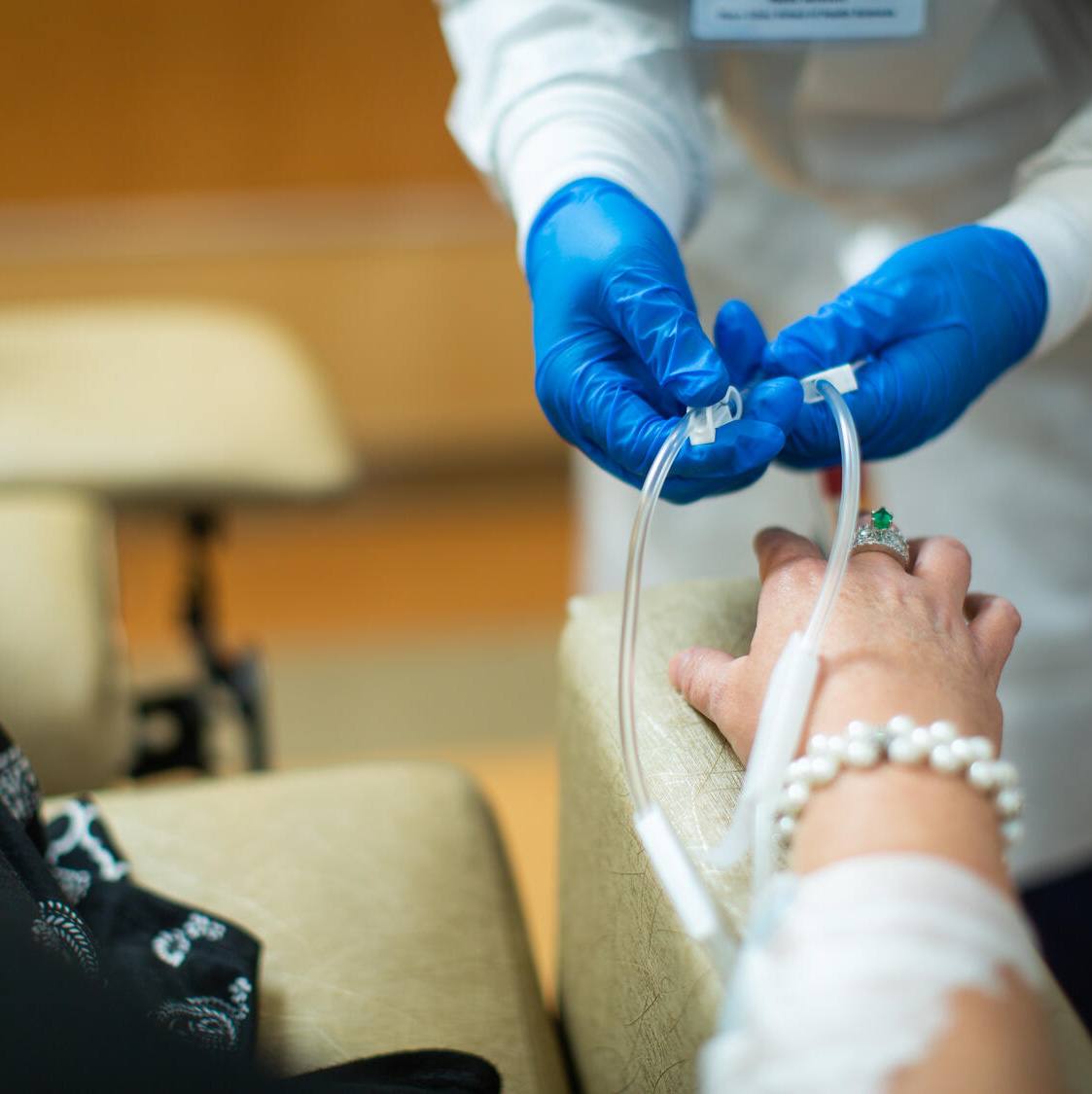-
Women’s Wellness: Libido drug to help women with low sexual desire

A new drug for premenopausal women with low sexual desire has been approved by the Food and Drug Administration (FDA).
Vyleesi (bremelanotide injection), is designed to treat low libido in women, known as hypoactive sexual desire disorder. This disorder is characterized by low sexual desire that's not related to an other issue, such as a medical condition, relationship issues or lack of sex education.
Dr. Stephanie Faubion, the Bill and Penny George Director of the Center for Women's Health at Mayo Clinic, says there is one drug already on the market for low sexual desire. This drug, Addyi (flibanserin), works through different brain chemicals than bremelanotide injection.
"Flibanserin works on the serotonin and dopamine brain transmitters; whereas, bremelanotide is working on melanocortin," says Dr. Faubion. "Both of these drugs are either working on increasing those brain chemicals that are excitatory or reducing the chemicals that are inhibitory."
Dr. Faubion says this is not the female Viagra. "It's sad that we continue to reference everything in terms of a male drug," says Dr. Faubion. "Viagra affects blood flow. These drugs that are approved for sexual desire in women — both flibanserin and bremelanotide — affect the brain neurochemicals. They're not about the arousal aspect."
This new medication is given as an injection in either the abdomen or the thigh. "It's a little different from the other drug, flibanserin, in that it is given by injection on demand," says Dr. Faubion. "That means it's not used as a daily drug. It's just used when the woman wants to have sex. She would inject the drug about 45 minutes before planned sexual activity and it lasts for a few hours."
Watch Dr. Stephanie Faubion discusses the newest libido drug for women.
Journalists: Broadcast-quality sound bites with Dr. Faubion are in the downloads at the end of the post. Please "Courtesy: Mayo Clinic News Network."
This latest libido drug is for a specific age group. "A good candidate would be a premenopausal woman in whom we cannot identify any other treatable cause for low sexual desire — for example, another medication that's causing a problem or sexual pain," says Dr. Faubion.
She says that while the FDA has approved the drug for premenopausal women, it doesn't mean it wouldn't work for older women. But, she adds, more studies are needed for post menopausal women.
Low sexual desire remains the most common sexual problem in women of all ages, says Dr. Faubion. "About 44% of the female population reports some form of a sexual problem."
"This is not the female Viagra. It's sad that we continue to reference everything in terms of a male drug," says Dr. Faubion.
There can be several causes for low sexual desire, including a medical condition such as heart disease or diabetes, or even hip arthritis. Dr. Faubion says hormonal changes associated with menopause also can cause difficulties with sexual desire. And there's a psychological category.
"Women with anxiety and depression often have difficulty with sexual functioning," says Dr. Faubion. "It might also be because some women don't feel good about their body and have a poor body self-image, or perhaps related to a history of substance abuse, sexual abuse, or emotional or verbal abuse."
There's even a sociocultural category to consider. "That means how much sex education did a patient have," says Dr. Faubion. Questions about what society and religion teach about sex are also important to explore, as well as the relationship category, partner communication and whether a partner might have sexual dysfunction.
There are some side effects to consider for patients. In studies leading up to the FDA approval, about 40% of women had some nausea, and about 20% of women experienced some flushing, according to Dr. Faubion.
Vyleesi is expected to be available for health care providers to prescribe in September.








